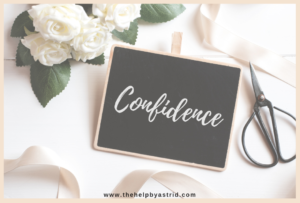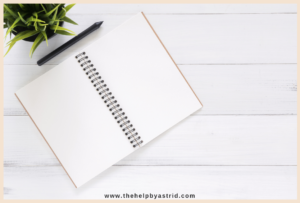
Confidence is a state of mind and so it is unique for everyone. It comes from having a healthy acceptance of yourself, both mind and body coupled with a strong belief in your abilities and skills. It can be very difficult to succeed in any endeavor without confidence. It goes hand in hand with self-esteem. How you see yourself is how others will see you. So make sure to reflect back what an amazing person you are. While there are no set rules for building confidence, here are a few tips on helping you improve your confidence levels.
- Keep smiling – smiling helps you project a positive and confident demeanor. It conveys the image that you are above annoyances and things that can ruin your day. It signals to other people that you are approachable and feel good about yourself. Even if you don’t feel like it, try to smile and watch as your whole outlook takes a turn for the positive.
- Treat yourself – rewarding yourself for small(and big) wins signifies that you expect good things to happen to you and that you deserve the good things that come your way.
- Explore your passions – another confidence booster is to explore your passion. It’s hard to be not self-assured when you know for a fact that there is something you are wonderful at. Developing a skill or improving upon an existing one will only help you gain more confidence.
- Credit where credit is due – give yourself a compliment every time you do something good or achieve something great. You deserve the credit.
- Consistent exercise – being healthy and looking healthy are great confidence boosters. So get on a consistent exercise routine. While going for a svelte look is a good goal, you can do it for health reasons.
- Eat better – food affects your mood and good food will put you in a better and more confident mindset. Imagine the last time you ate a lot of junk food? Did you feel better after? Didn’t think so.
- Strong support group – sometimes, it takes others to boost our confidence. Take advantage of your support group for a confidence boost. The kind and encouraging words of your friends and family will wash away your insecurities.
- Know your pros – everyone has something that they’re good at. List all your good qualities down and revisit that list every time you need a confidence boost. Incorporate your strong points into affirmations such as “ I am confident about my public speaking skills.”
- Stop comparing yourself to others – comparison is the death of joy. Focus on yourself and how you can improve instead of comparing yourself to others. Everyone has their own journey to run.
Our confidence is directly proportional to your quality of life. As your confidence increases, so does your quality of life. So work on boosting your confidence today and explore becoming your best self. What other confidence-boosting tips do you have? Share them with us in the comments. Remember to work smart and be a blessing to someone today. Stay safe and healthy!
Written by Jaie O. TheHelp



